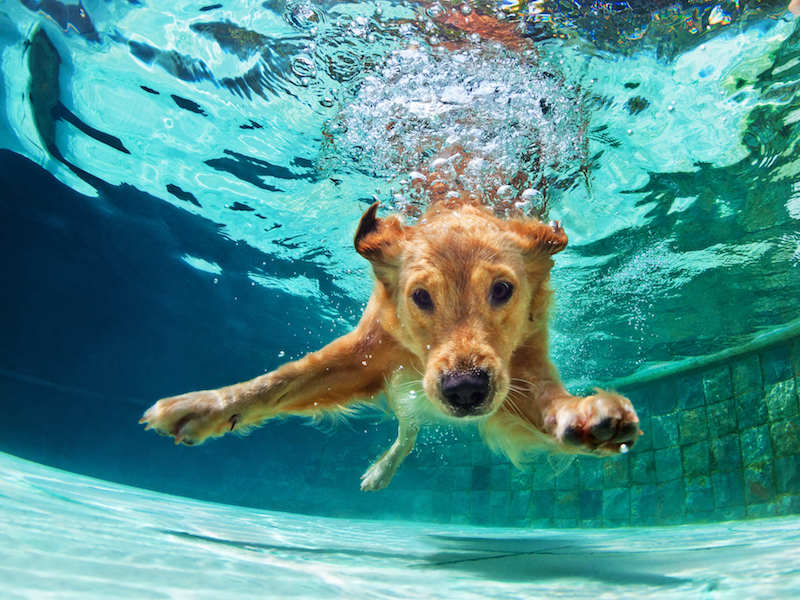
There are a lot of different things that can damage the delicate technology that makes a hearing aid function the way it does, but not many have the impact of water. Hearing aids seem to self-destruct under extreme moisture conditions. Taking that into consideration, humidity is a huge problem.
Irreversible damage is done by invisible moisture. It’s time to understand more about why humidity is a bad thing for hearing aids.
Understanding Humidity
Even though the word humidity is very common, what does it actually mean? PBS describes humidity as water molecules in the air. When displayed as a percentage, for example, the relative humidity is 40 percent today, it refers to the amount of water vapor in the air compared to what air could hold. The larger the percentage, the wetter everything feels.
People are very sensitive to humidity because sweat is the most effective way to cool the body. When humidity levels are high our sweat won’t evaporate as quickly. Moisture and electronics don’t mix well and that includes hearing aids.
As A General Rule Electronics Have a Hard Time Dealing With Humidity
Too high or, too low, humidity can affect your hearing aids. When water vapor percentages are high condensation can collect on the delicate mechanisms that make electronic devices work, and low humidity can lead to brittle core materials.
Internal electronics are the reason your hearing aids work. A sophisticated signal processing chip manages noise levels in a newer hearing aid. It’s what is behind elegant features like:
- Noise reduction
- Anti-feedback
- Targeted listening programs
- Digital sound streaming
High humidity causes moisture to accumulate inside the hearing aids damaging that chip. It can corrode elements inside the casing and ruin batteries as well. You might as well drop your hearing aid in a tub full of water, and the effect is the same.
How to Control Humidity
Water resistant models are currently on the market. This feature will give you some protection against humidity and wet weather, but you still can’t go swimming with them in.
If you live in a humid area, think about using a room or house dehumidifier to lessen water vapor indoors. It’s an investment that will help you and your family in many ways and protect other electronic devices like that costly TV you got for Christmas. Dehumidifiers reduce the risk of mold, mildew and dust mites, so everyone breathes a little better, too. However, protecting your hearing aid more completely will require additional thinking. There are a few other things you can and should do.
Consider buying a dehumidifier designed especially for hearing aids. They come at all costs levels. Drying kits rely on silica gel crystals to protect the electronics. Moisture is eliminated by putting the hearing aids into the dehumidifier for a couple of hours. Drying your hearing aids as you sleep at night can be done using specially designed storage containers. In a pinch, you could use a bag of uncooked rice to remove moisture.
Don’t forget to leave the battery door open when you store your device. When you expose the battery and inner elements to air by leaving the door open, condensation can evaporate by itself. Don’t just do this in the summer, do it all year round.
A cool dry place is the ideal for storage. On the table in the sun, in the glove compartment, or in a hot room are examples of where not to store your hearing aids.
Thinking Past Humidity
Damage can be caused by other types of wetness. Take precautions to protect them from other kinds of wet such as:
- Make sure all lotion or sunscreen is fully absorbed before touching your hearing aids or putting them in your ears.
- Leave your hearing aids in a safe place before you go swimming.
- When exercising wear a sweatband. If you are wearing your hearing aid then it’s a good idea in general. Later that sweat will cause problems.
- Check surfaces before you put your hearing aid down. You don’t want to place it in a wet spot left by a glass or coffee cup.
Your hearing aids are a valuable asset, so treat them that way. Keep in mind how moisture can damage your hearing aids and make sure to prevent water from getting in them. If your hearing aid already has water damage make an appointment for service with a hearing aid specialist.
